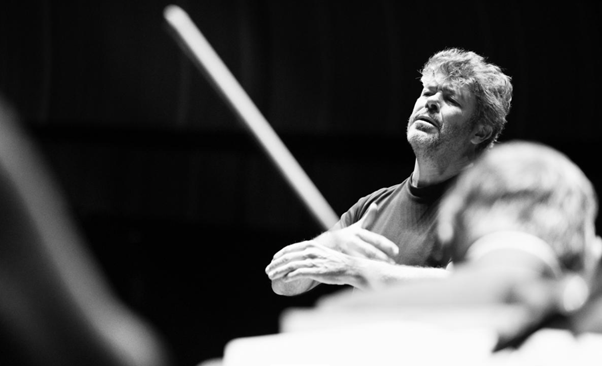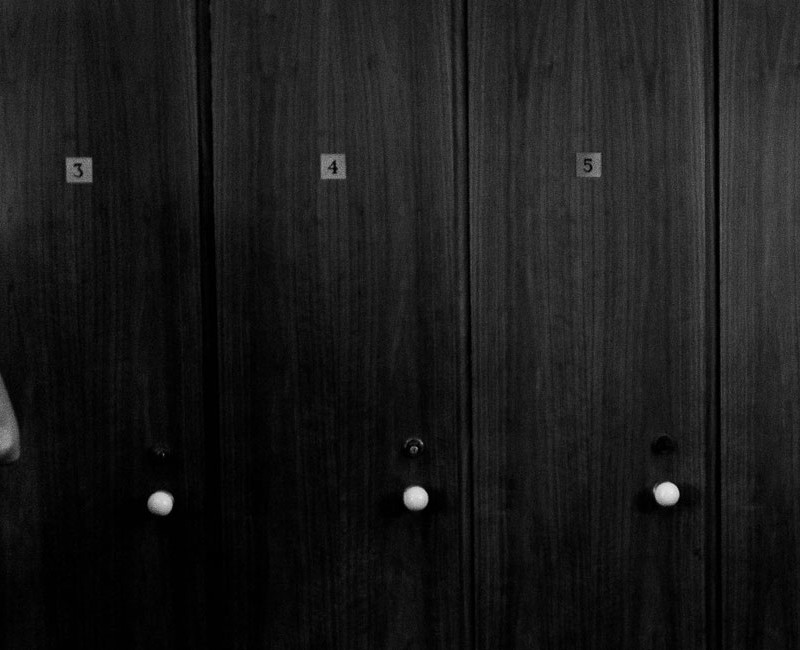
Bruckner 4: Pablo Heras-Casado and Anima Eterna launch album project and embark on a European tour in the fall
Jul 31, 2024
In the 200th anniversary year of Anton Bruckner’s birth, the first album by conductor Pablo Heras-Casado and the original sound ensemble Anima Eterna Brugge will be released on the harmonia mundi label on September 13th. It is part of the “New Romanticism” series. Their recording of the Fourth demonstrates their joint work on Bruckner’s symphonies, which began in 2022. Further recordings will follow.
He didn’t feel ready for many, many years. He was almost anxious, says Pablo Heras-Casado. The right moment to work on Bruckner’s symphonies as a conductor was a long time coming. Today, he says, he is happy about it. “After I had dealt with the great symphonic repertoire of the 19th century, i.e. Schubert, Mendelssohn, Schumann and Brahms, Bruckner’s symphonic world came naturally – like a new stage,” explains the 46-year-old. Over the past ten years, he has dedicated himself to the Austrian composer’s symphonies with various orchestras. Distance became a love story, as Heras-Casado explains. He is now working with the Ensemble Anima Eterna to ensure that this continues to flourish.
Transparency and intimacy
Only recently have works by Wagner, Bruckner and early 20th century composers been presented in a new light by original sound ensembles. Heras-Casado and Anima Eterna now present their view of Bruckner – without heaviness, without pathos. The sound experience created by the period instruments is very different from the familiar. “There are new kinds of colors and textures, and new possibilities of phrasing, melodic design and articulation open up. The resulting transparency and intimacy is truly breathtaking,” explains Heras-Casado. “It’s a real revelation!”
When the conductor received the request from Anima Eterna a few years ago, the decision as to whether he wanted to work with the musicians was quickly made. He explains: “The combination of historical research, lively, open playing and enormous technical precision makes an orchestra like Anima Eterna incredibly attractive for a conductor.”
Music and research
Anima Eterna Brugge was founded in 1987 by Jos van Immerseel. It sees itself not only as an orchestra, but also as a group of researchers: The musicians not only play their instruments, but also research how and why the works were composed and when they were composed. This also includes intensive study of the respective instrumentation and playing technique.
The Bruckner interpretation of Pablo Heras-Casado and Anima Eterna can be discovered not only through the new album, but also live: They are going on a European tour together in the fall.
Photo: Koen Broos

